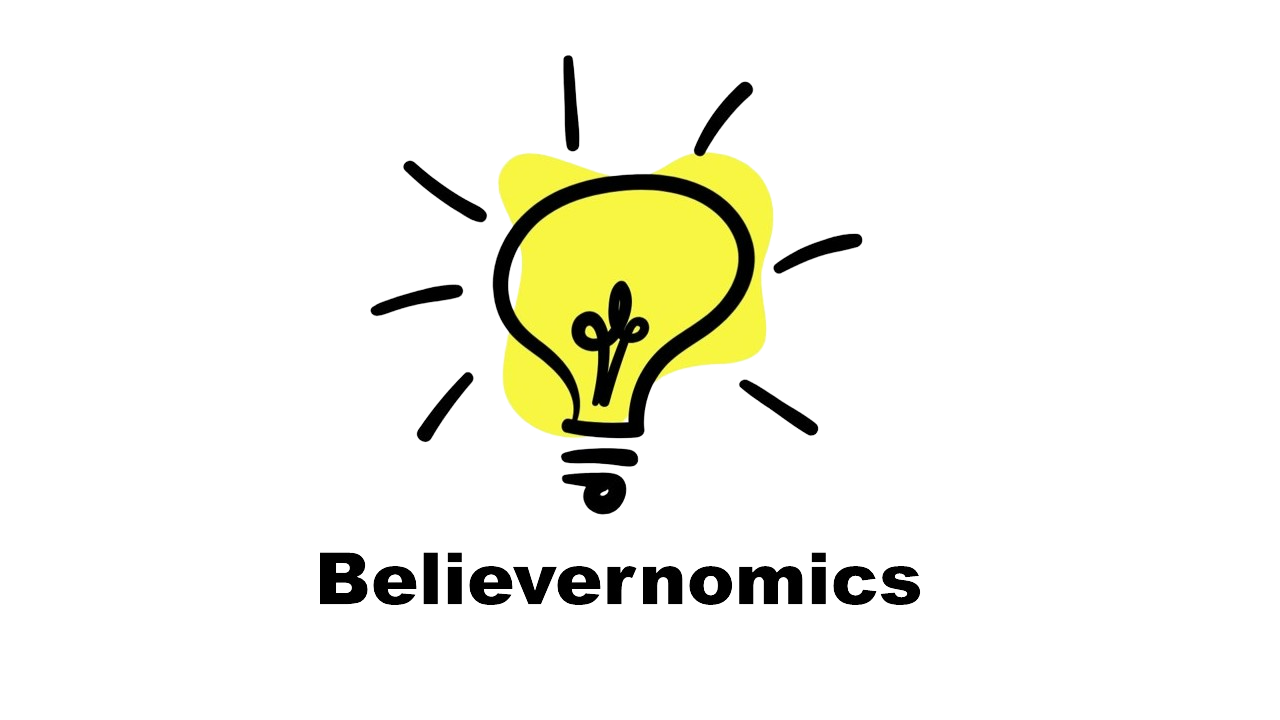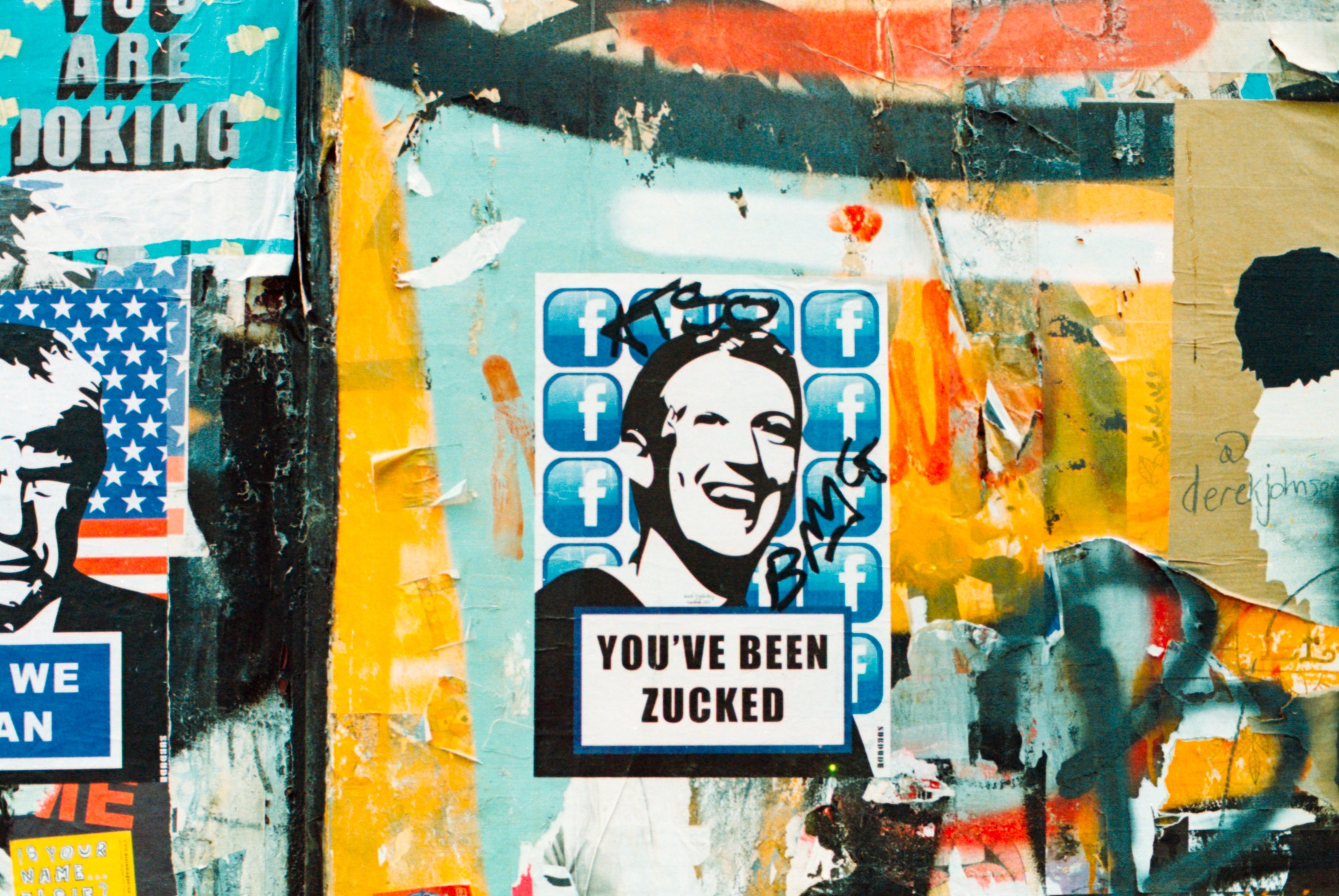Eight irreversible signs of the slow and inevitable decline of Facebook
Image courtesy of Annie Spratt on Unsplash
Several years ago, I watched an interview with Facebook founder, Mark Zuckerberg. During the segment, Zuckerburg spoke about his ambition for Facebook to be a forum to connect communities and empower people through the medium of engagement. That simple and wholesome vision has captured the hearts of billions.
Whilst not a new concept, the idea of Facebook clearly fulfilled a social need, evidenced by its exponential growth. But how has it managed to go so wrong and so quickly? How has Facebook morphed from a forum for family friendly fun to the weapon of choice for nation states and extremists looking to spread fake news, foment social discord and undermine democracy?
This blog explores the decline of Facebook through the lens of eight signs. The contention is that the nature and clustering of these signs suggest that the decline of this once vaunted social media platform, is both terminal and irreversible. Pointedly, this blog does not suggest the demise of Facebook. In the fullness of time, it is believed that the network will recess and reconstitute into something that more closely resembles its original purpose.
Considering its revenues, geographic reach and number of users, Facebook has as much in common with a nation state as it does a global conglomerate. Therefore, as appropriate, this blog draws comparisons with both entities, where such contrasts will provide emphasis and context. Details are set out below.
1. Appearance of mission drift
Once organisations consolidate, they think about their survival and diversify. That is a perfectly normal feature of business growth. For Facebook, however what it has become appears to be somewhat distinct from where it started. Quite how connecting communities and empowering engagement become wrapped up in the malevolent activities of global miscreants and radicals remains an unanswered question. Notwithstanding the rebrand under its Meta parent company, the counter narrative exemplified by the release of the Facebook papers, only serves to highlight what has become a massive branding problem and a major crisis of purpose.
2. The secret science of manipulation
Perhaps most harmful to Facebook is its perception as a malevolent and manipulative actor. The currency that drives advertising dollars (clicks, dislikes, likes and shares) are predicated on the secret science of algorithms. Studies have shown that these algorithms funnel users to some of the most toxic and hateful content. Unfortunately, faced with the choice between revenues and platform policing, it is believed that Facebook has chosen the former over the latter. As is now well documented, the harm being done here extends beyond the social mischief of bullying and harassment to include the spread of dangerous misinformation and the subversion of nation states.
3. Negative narrative of brand diminution
For this blog, a simple online search using the phrase ‘Facebook is bad for you’ returned just over 4.3 billion (yes billion) results. Dig deeper and you will find amongst the results academic studies, mental health bulletins and even Facebook’s own research. Any negative sentiment can damage a brand. However, when negativity becomes the prevailing narrative about a brand, then it is the brand. To put it mildly Facebook’s custodianship of its reputation has been nothing short of delinquent. In the face of some withering criticism, the defence offered by Facebook is that its platform only exposes the ills of society and is not a cause of them.
4. Deceleration in user numbers
Facebook currently boasts a user base of nearly three billion (equivalent to twice the population of China). However in recent years there has been a deceleration in user growth. From 2013–17 user numbers grew at an average of 15% annually, compared to 8% from 2018 to 2022. Although Facebook added 110 million more users in 2021, at 4% this was the slowest rate of growth in nearly a decade. Some of this may be attributable to the fact that given the global population, the number of those eligible to open Facebook accounts is simply shrinking. However, some of this is just as likely to be attributable to blowback from negative press and perception of the platform.
5. The consequence of size
There is a school of thought that Facebook is simply too big and influential to fail. It enjoys unparalleled growth, market dominance, massive profits and has an apparent belief in its own invincibility. However, I would argue that those are the same reasons why it is in terminal decline. Like anything that grows rapidly and enjoys unchecked expansion, at a certain point (either through naivety, greed or hyper-extension) it takes on more than it can handle. Thereafter, it struggles to support the weight of its own progress. A bit like an inverted pyramid, it risks being toppled over from the outside or crushed from the inside.
6. Strength of competitors
Since toppling MySpace, Facebook has enjoyed an unrivalled position at the very apex of the social media pyramid. In 2021 it generated enormous revenues of $117bn and a net profit of just over $39bn. Despite this, Facebook does have competition. Currently, the fastest growing and most popular social media app is Tik Tok. In the five years since it became active, it has attracted 1.5 billion users. From its inception, it took Facebook six years to achieve the same milestone. Whilst this data does not imply that Tik Tok is about to topple Facebook, it does suggest that the social mediasphere remains a highly competitive environment.
7. The haemorrhage
In November 2022 Meta announced that it had laid off 11,000 employees (13% of its nearly 88,000 workforce). The layoffs came amidst a drop in profits on the quarter and on the year. Not dissimilar to the upheaval affecting other tech giants, the commensurate decline in Meta profits seems primarily attributable to falling advertising revenues (the very backbone of the company’s balance sheet). However, it is also suggested that massive investment in Meta’s multiverse technology may have also dented profits. To be clear, Facebook and its Meta parent company are a profit-making juggernaut. However, it is notable that even market watchers are now expressing nervousness about the direction of the company.
8. The big tobacco moment
If Facebook is a damaged brand, why is it still able to generate eye-watering revenues and attract tens of millions of new users? For the answer, look no further than parallels with the tobacco industry. Even when the harms caused by smoking were universally known, ‘big tobacco’ grew exponentially. Supported by powerful lobbyists and millions in sponsorship, it proved adept at laundering its image and staying one step ahead of the regulator. However, at a certain point, the consensus of opposition became so overwhelming that decisive action was not just expected it was demanded. For Facebook, its own ‘big tobacco moment’ is fast approaching.
At its height the Roman Empire covered a vast stretch of territory from North Africa to Western Asia. During its growth and consolidation, those living under Roman rule must have believed that it would last forever. However, history is a witness to the fact that, once empires are established, the only thing that is guaranteed is their eventual decline.
Facebook shows all the classic signs of ‘empire’ including rapid growth, conquest and consolidation. As with any empire, it is also facing opposition from those concerned about its power and influence. The problem for Facebook is that this is the beginning of an irreversible decline. Despite all the forces that are now arrayed against it, the greatest harm is not what will be done by others, it is what Facebook has already done to itself.


